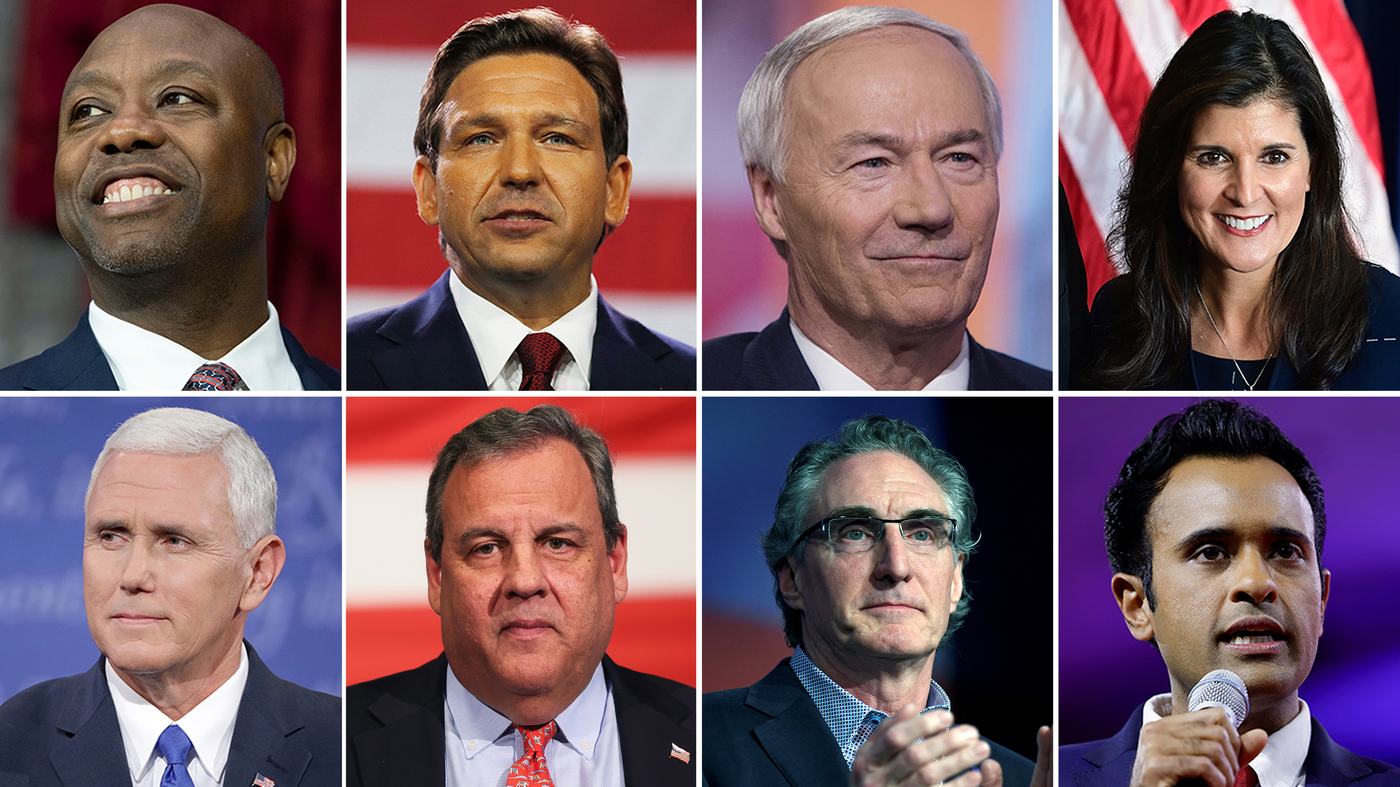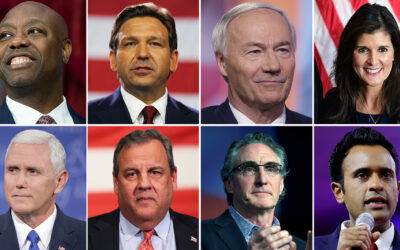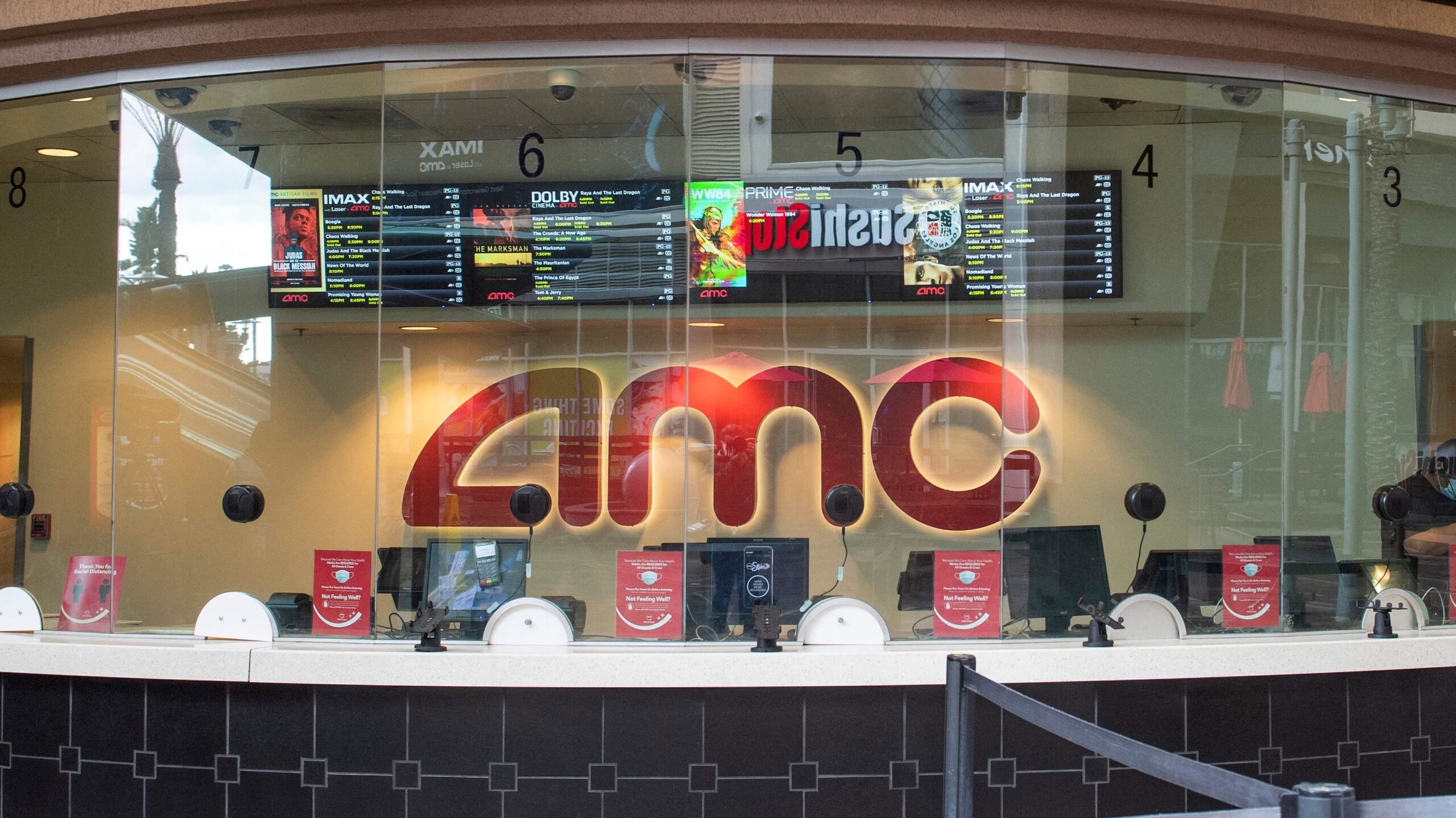How to Watch the Republican Debate Tonight: A Viewer’s Guide

Political debates play a crucial role in shaping public opinion and influencing elections. As citizens, staying informed about the policies, ideologies, and leadership qualities of candidates is essential for making an educated voting decision. If you’re interested in gaining insights into the Republican candidates’ perspectives and strategies, tuning in to a Republican debate is a great way to do so. In this guide, we’ll walk you through how to watch the Republican Debate Tonight and make the most of the experience.
1. Know the Date and Time
The first step in preparing to watch the Republican debate is knowing when it will take place. Stay updated on the schedule through reputable news sources, the official websites of the debate organizers, or the candidates’ campaign pages. Make sure to adjust for time zone differences if applicable, so you don’t miss the event.
2. Choose Your Viewing Platform
In today’s digital age, there are numerous ways to watch live events, including political debates. Here are a few options:
Television: Major news networks often broadcast political debates live. Channels like CNN, Fox News, MSNBC, and others provide comprehensive coverage and analysis. Check your local TV listings to find out which network is airing the debate.
Streaming Services: Many streaming platforms offer live news coverage. Services like Hulu Live, YouTube TV, Sling TV, and others may include news networks in their packages. These options are convenient for cord-cutters who prefer online streaming.
Official Websites: Organizers of the debate or the candidates themselves may live-stream the event on their official websites or social media pages. This can be a direct and reliable way to watch the debate without relying on external sources.
3. Verify the Credibility of the Source
When choosing a platform to watch the Republican debate, ensure that the source is credible and trustworthy. Stick to established news networks, official campaign pages, or reputable streaming services. Avoid unofficial streams from random websites, as they may not provide accurate information or reliable coverage.
4. Prepare Your Viewing Environment
Create a comfortable viewing environment that allows you to focus on the debate without distractions. Turn off notifications on your devices, dim the lights, and settle into a quiet space. Have a notepad and pen ready to jot down important points or thoughts as you watch.
5. Engage Critically
Watching a political debate involves more than just passively absorbing information. Engage critically by:
a. Listening Carefully: Pay attention to the candidates’ words, tone, and body language. This can provide insights into their confidence, preparedness, and passion for the issues.
b. Fact-Checking: While watching the debate, have access to fact-checking resources. Candidates may make claims or statements that need verification, and fact-checking helps you discern the accuracy of what’s being said.
c. Analyzing Responses: Consider how well candidates address the questions posed to them. Do they provide concrete solutions, or do they deflect? Assess the depth of their policy knowledge and their ability to communicate effectively.
d. Noting Contrasts: Debates often highlight differences in candidates’ ideologies and priorities. Take note of where candidates stand on various issues and how they differentiate themselves from their opponents.
e. Considering Moderators and Audience Reactions: Moderators play a crucial role in steering the debate, while the audience’s reactions can provide insight into which points resonate. Consider these aspects in addition to the candidates’ responses.
6. Join the Conversation
Engaging in discussions about the debate can provide a well-rounded perspective. Join the conversation on social media platforms using relevant hashtags. Share your thoughts, ask questions, and listen to diverse viewpoints to gain a better understanding of public sentiment.
7. Post-Debate Analysis
After the debate, don’t just switch off your screen. Tune in to post-debate analysis on news networks, where experts break down the candidates’ performances, fact-check claims, and provide deeper insights into the implications of what transpired during the debate.
Conclusion
Watching a Republican debate offers a unique opportunity to directly assess the candidates who may lead the nation. By following these steps, you’ll be well-prepared to engage critically, analyze effectively, and make informed judgments about the candidates and their policy positions. Remember that your participation in the democratic process matters, and staying informed through events like debates is an essential part of being an active and responsible citizen.











